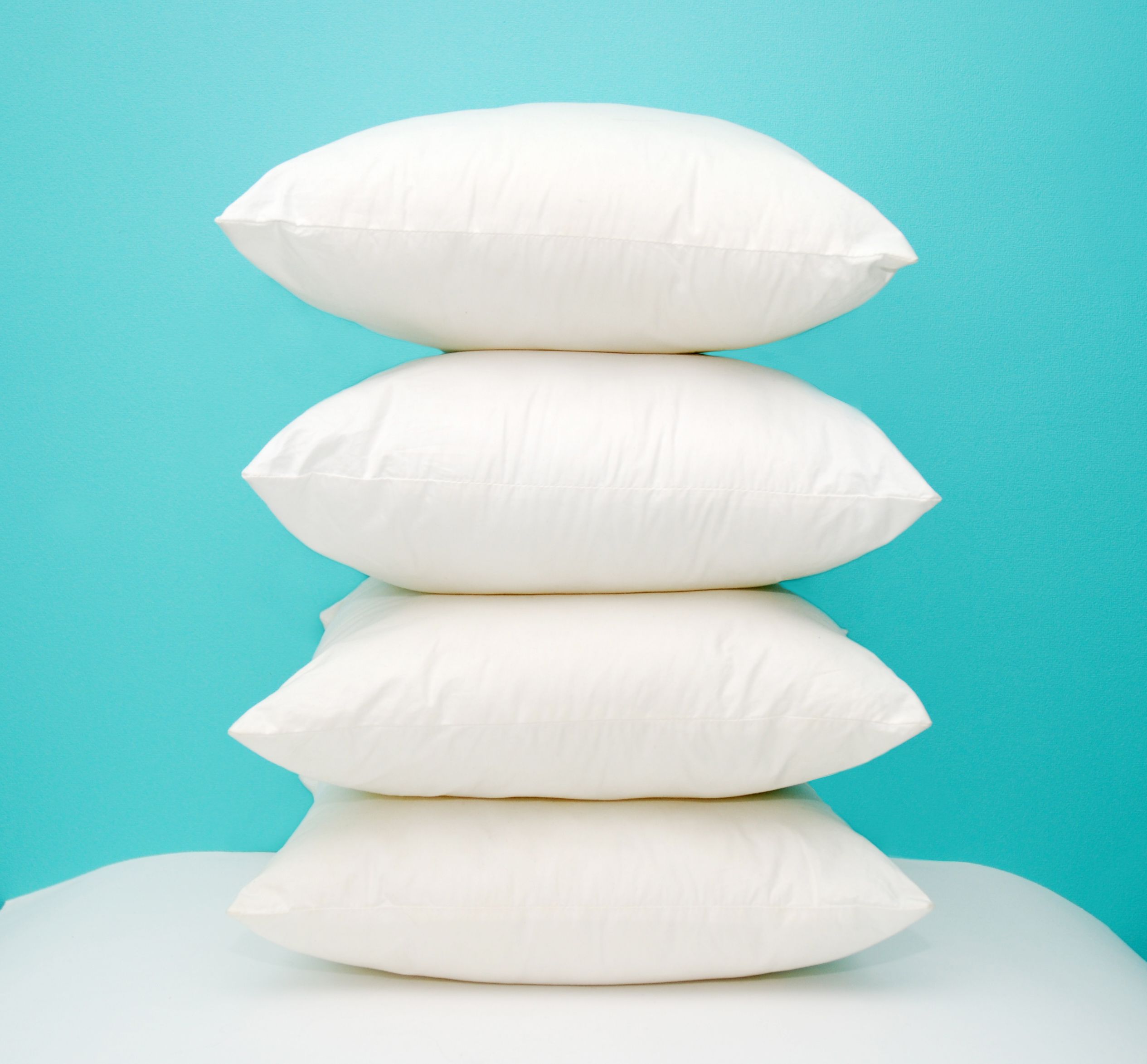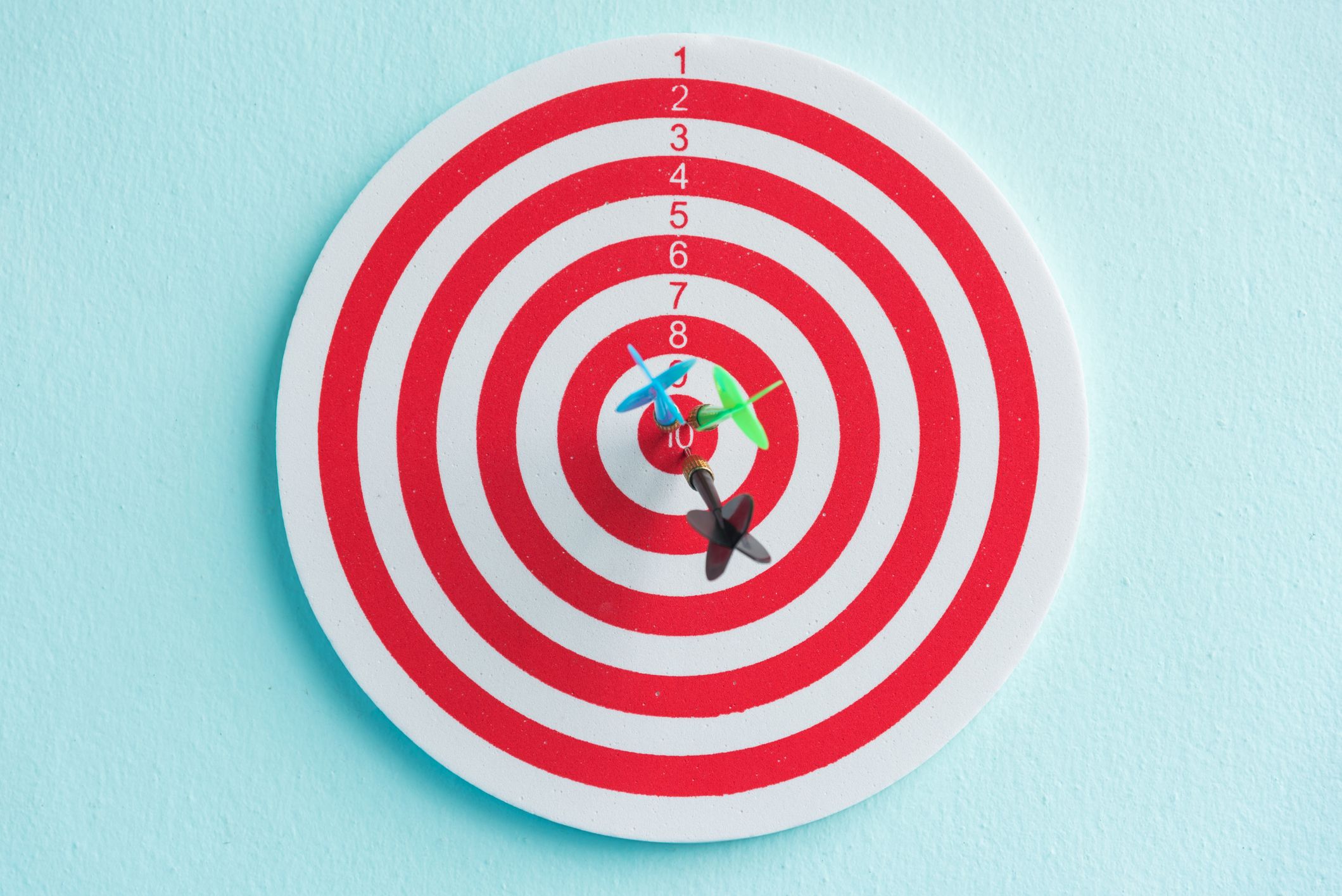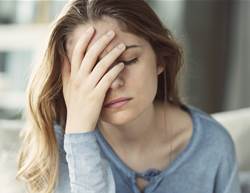Here’s the thing about menopause: It only happens once (around age 51 on average), so everybody who goes through it is experiencing it for the very first time. This can make identifying the symptoms a bit tricky. It also doesn’t help that telltale signs like hot flashes and unpredictable periods can start years before you actually stop ovulating, says Dr Tara Allmen, gynaecologist and author of Menopause Confidential.
This is due to “fluctuations in the hormonal output from your ovaries that [usually] start in your 40s,” she explains. The other thing that makes identifying symptoms tricky: There are loads of signs that aren’t obviously related to menopause. (Like trouble focusing.) Plus, each women’s experiences and symptoms are uniquely her own.
If you think you could be going through menopause, keep reading. If you identify with any of the signs below, set up an appointment with your doctor or gynaecologist. She can tell you for sure if your tampon days are coming to an end, and tell you how to manage and treat any uncomfortable symptoms.
1. Your period is way lighter—or heavier—than it used to be
This is the sign most women notice first: What used to happen every 28 or 30 days like clockwork becomes all over the place. The time between periods can change, the amount of bleeding can change, the length of time you have your period can change, or you can start skipping periods—it’s all fair game.
You officially enter menopause when it’s been a full year since your last period, but the symptoms start well before then, during a time known as perimenopause.
2. Your skin suddenly gets hot and splotchy
Chances are that if you go through menopause, you’re going to get hot flashes (they happen to up to 85% of women). And they can last way longer than you might expect.
“The average time for a woman to have hot flashes is seven years, but some can get them for 20 years,” says Dr Allmen. They are exactly what they sound like: You all of a sudden feel a surge of heat and might see red splotches on your skin. You then might notice heavy sweating or even cold shivering, kind of like when you have the flu.
The exact cause of hot flashes isn’t clear, but it is partly due to the drop in oestrogen and other hormone changes that happen during menopause.
3. You wake up in a pool of sweat

Hot flushes don’t just happen during the daytime—they can also happen while you’re asleep, causing you to wake up covered in sweat. This can be one of the tougher symptoms of menopause since it impacts sleep quality. It’s tough to stay asleep when you’re drenched and overheating!
4. Your mood is all over the place
“My patients often tell me they feel crazy and don’t know what’s wrong with them,” says Dr Allmen. “It could be onset of new mood symptoms or worsening of existing anxiety or depression.” In fact, during menopause, women are two to four times more likely to experience depression.
Hormones might be responsible for these changes in mood. However, issues women tend to face in their 40s and 50s, like stress over worsening health or kids moving out and parents getting older, can also play a role.
5. You never used to have trouble focusing—but now you do

Find yourself staring at an open email with no idea what you were going to write? You aren’t alone. “I call it meno-fog,” says Dr Allmen. “You can’t concentrate and have trouble recalling words.”
Blame those fluctuating hormones again. Researchers have found that lower oestrogen levels impact the hippocampus, which is a part of the brain used when forming memories. The lower your oestrogen levels, the harder it is to remember things.
6. You’ve been getting more vaginal and bladder infections
“When your ovaries stop making oestrogen, you can experience vaginal dryness, loss of elasticity, and discomfort or pain with intercourse,” says Dr Allmen. According to research, up to 60 percent of women will report vaginal dryness during menopause. This can also lead to an increased risk for vaginal and bladder infections and incontinence.
If any of the above symptoms have started happening to you, make an appointment with a gynaecologist who is well-versed in menopause to learn what you can do to feel better and get back to your life.
Like what you just read? You’ll love our magazine! Go here to subscribe.






.png&h=193&w=250&c=1&s=1)


